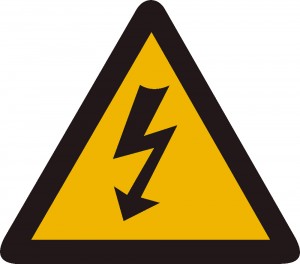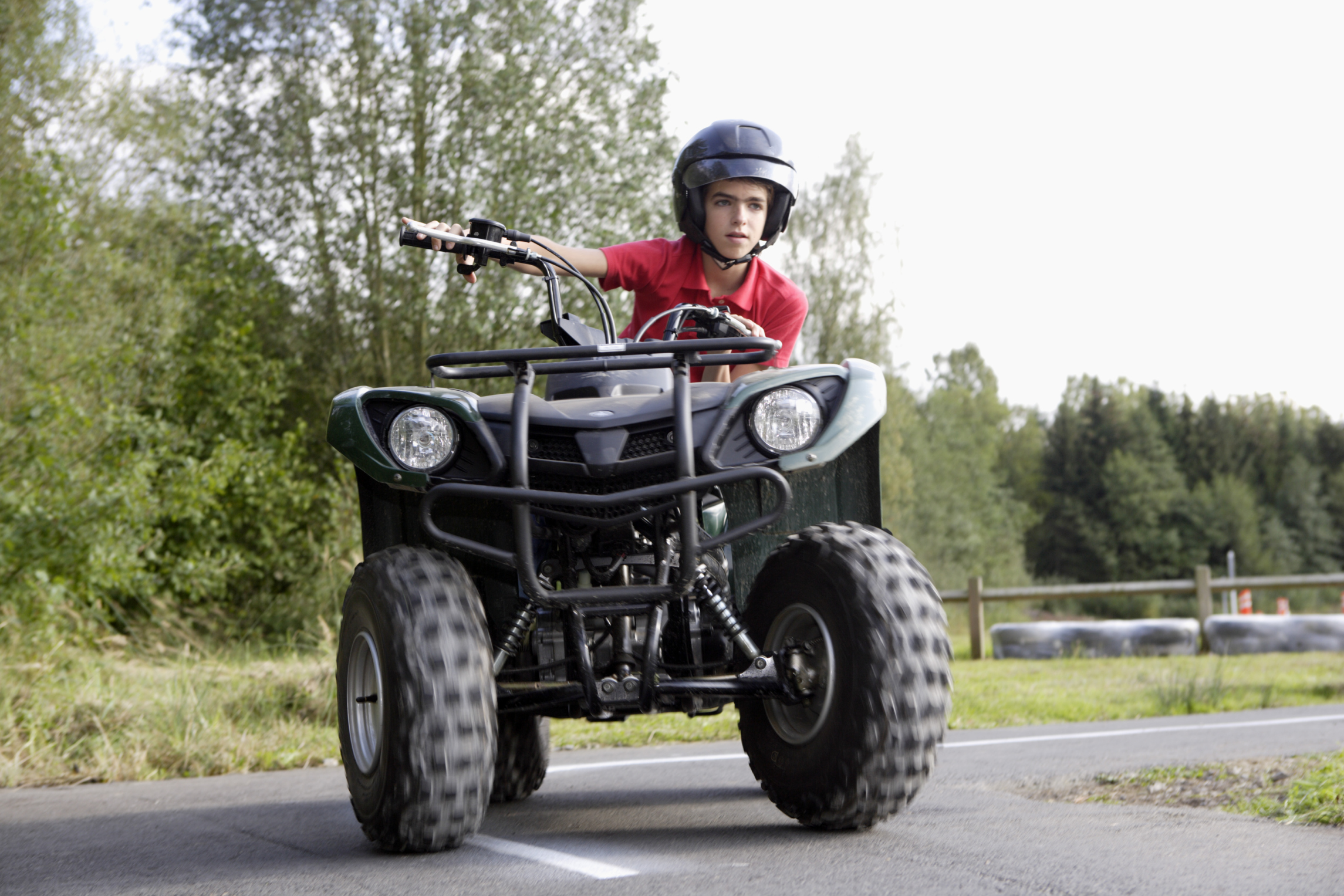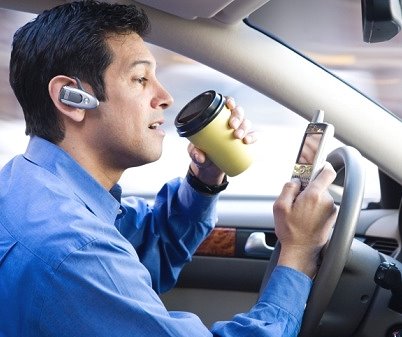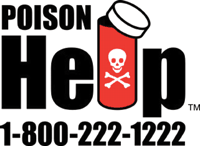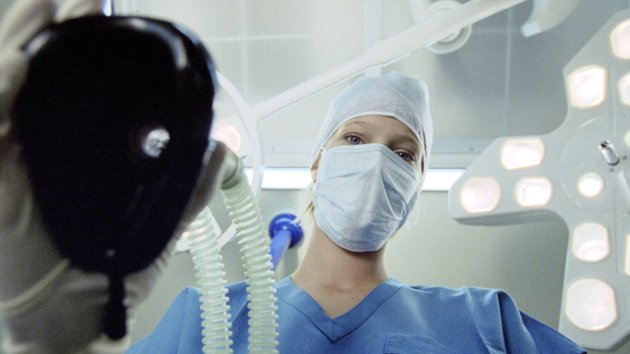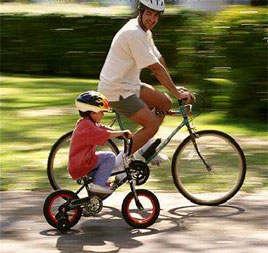 Bike riding is a lot of fun, but accidents happen. Every year, about 300,000 kids go to the emergency department because of bike injuries, and at least 10,000 kids have injuries that require a few days in the hospital. Some of these injuries are so serious that children die, usually from head injuries. A head injury can mean brain injury. Thats why its so important to wear your bike helmet. Wearing one doesn’t mean you can be reckless, but a helmet will provide some protection for your face, head, and brain in case you fall down.
Bike riding is a lot of fun, but accidents happen. Every year, about 300,000 kids go to the emergency department because of bike injuries, and at least 10,000 kids have injuries that require a few days in the hospital. Some of these injuries are so serious that children die, usually from head injuries. A head injury can mean brain injury. Thats why its so important to wear your bike helmet. Wearing one doesn’t mean you can be reckless, but a helmet will provide some protection for your face, head, and brain in case you fall down.
via Bike Safety.

